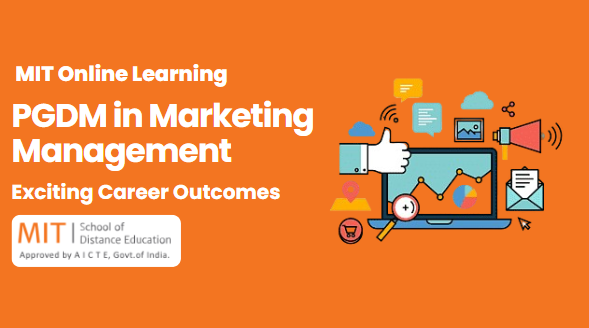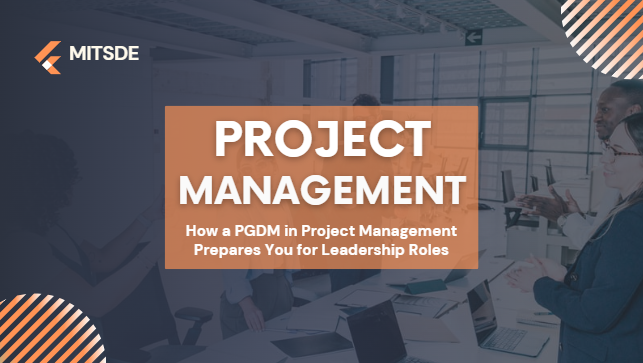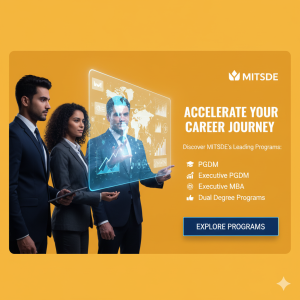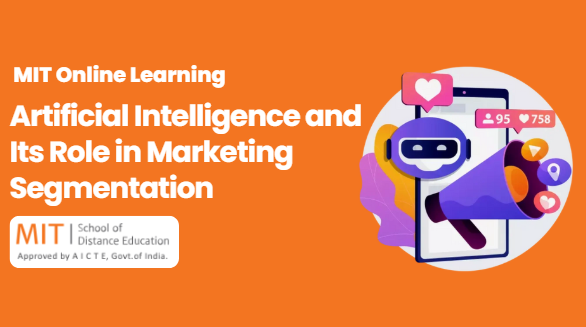
In today’s highly competitive market, firms are continuously attempting to personalize client experiences and adjust marketing techniques for optimum impact. Artificial Intelligence (AI) is one of the most revolutionary technologies that is facilitating this evolution. Artificial Intelligence (AI) has completely changed how organizations find, target, and keep customers, from predictive analytics to automated client profiling.
Marketing segmentation—the process of breaking down a large consumer or corporate market into smaller groups based on shared characteristics—is a critical area where AI is proving to be a game-changer. Conventional segmentation techniques mostly depended on intuition, small datasets, and manual data sorting. However, segmentation has become more dynamic, accurate, and significant due to AI’s capacity to evaluate enormous volumes of data in real-time and reveal hidden patterns.
Let’s dive deep into the role of Artificial Intelligence in Marketing Segmentation, its applications, benefits, challenges, and how aspiring marketing professionals can gear up for this AI-driven era through specialized programs.
Understanding Marketing Segmentation 🧩
It’s crucial to comprehend what marketing segmentation comprises before delving into how AI improves segmentation. It entails segmenting a market into groups of customers with similar demands, passions, or habits. Among the primary forms of segmentation are:
- Demographic (age, gender, income, education)
- Geographic (location, climate)
- Psychographics (lifestyle, values, interests)
- Behavioral (purchase habits, loyalty, usage rate)
The goal? To create tailored marketing campaigns that resonate more deeply with each segment, leading to higher conversion rates and customer satisfaction.
Limitations of Traditional Marketing Segmentation
Historically, marketing segmentation was based on manual analysis and static data. Though somewhat effective, it posed several challenges:
- Time-consuming and resource-intensive
- Often based on outdated or limited datasets
- Lacked personalization and real-time adaptation
- Heavily reliant on marketers’ assumptions
In an age where customer preferences evolve rapidly and data is generated in real-time, these methods fall short. This is where AI steps in.
How AI Transforms Marketing Segmentation ⚙️📊
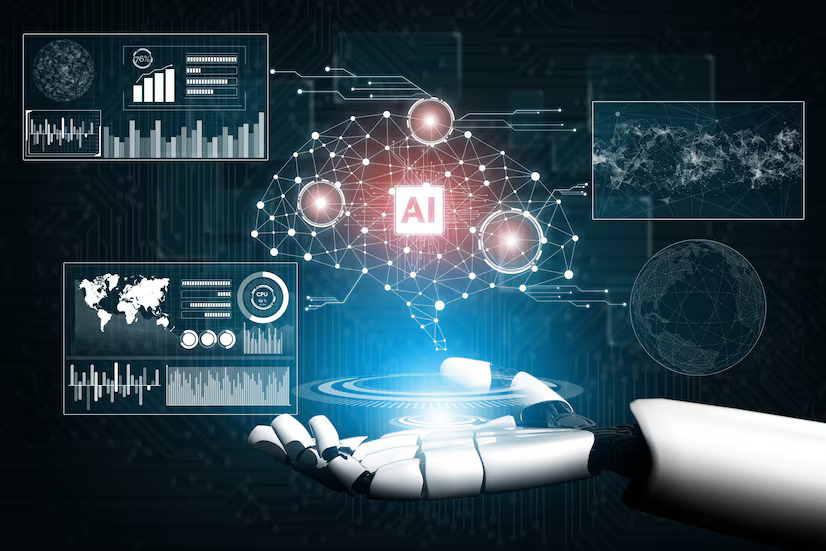
By automating data analysis, revealing insights that humans would overlook, and continuously learning and adapting from new data inputs, artificial intelligence (AI) offers marketing segmentation an unparalleled level of power and knowledge.
1. Data Collection and Processing at Scale
AI can sift through massive volumes of structured and unstructured data—social media, browsing history, purchase records, mobile app usage, and more—to build comprehensive customer profiles. Unlike traditional segmentation, AI doesn’t rely solely on surveys or CRM data but can extract behavioral cues from diverse sources in real-time.
2. Predictive Segmentation
AI algorithms can predict future behavior based on historical data. For example, machine learning models can forecast which segment a new customer belongs to or anticipate when a loyal customer might churn. This proactive approach enables marketers to take timely actions.
3. Dynamic and Real-Time Segmentation
Unlike static segmentation that’s updated periodically, AI enables dynamic segmentation. It updates customer profiles as new data comes in, allowing marketers to respond instantly to changes in customer behavior or preferences.
4. Hyper-Personalization
AI helps brands understand not just “who” their customers are but also “why” they behave a certain way. This depth of insight allows for hyper-personalized content, offers, and messaging that connect on an emotional level.
Example: Netflix uses AI to segment viewers based on watch history, genres, and interaction patterns, offering highly customized recommendations.
5. Cluster Analysis and Pattern Recognition
Using techniques like unsupervised machine learning, AI identifies clusters of users with similar characteristics—even if they weren’t immediately obvious. These insights enable marketers to discover niche segments or underserved groups.
6. Sentiment Analysis for Psychographic Segmentation
Natural Language Processing (NLP), a sub-field of AI, can analyze text from reviews, social media, or chatbots to detect sentiment and emotional tone. This helps in psychographic segmentation, revealing customer motivations and values.
Benefits of AI-Driven Marketing Segmentation 🚀
The use of AI in marketing segmentation provides numerous strategic advantages:
🔄 Improved Accuracy: Reduces human error and bias
🕒 Time Efficiency: Automates repetitive and complex analysis
🎯 Precision Targeting: Enhances ROI by focusing on the most receptive audiences
📈 Better Decision-Making: Data-driven insights empower smarter campaigns
💡 Enhanced Creativity: Frees up marketers to focus on strategy and storytelling
Real-World Applications of AI in Segmentation
➤ E-Commerce Personalization
Platforms like Amazon use AI to segment users based on behavior, cart abandonment, product reviews, and location. This segmentation helps deliver personalized product suggestions, discounts, and emails.
➤ Banking and Finance
AI segments customers by spending habits, risk profiles, and financial goals, enabling personalized credit card offers, loan products, or investment advice.
➤ Healthcare Marketing
Healthcare providers use AI to segment patients by demographics, medical history, or lifestyle factors to deliver personalized health education and reminders.
➤ Travel and Hospitality
Companies like Airbnb or Booking.com segment users based on travel preferences, past bookings, and ratings to create custom experiences and promotional packages.
Learn AI-Driven Marketing with MITSDE 🎓📢
As AI continues to reshape marketing practices, professionals must equip themselves with the necessary skills and knowledge. The MIT School of Distance Education (MITSDE) offers specialized programs designed to prepare marketers for this evolving landscape.
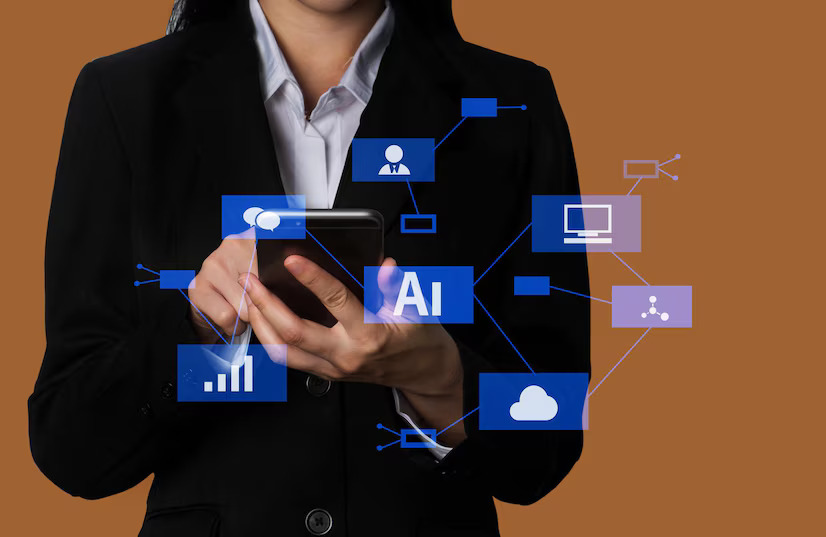
1. PGDM in Marketing Management
- Duration: 24 months
- Eligibility: Bachelor’s degree in any discipline
- Mode: Online
- Fees: ₹90,000 (with installment options available)
This program provides a comprehensive understanding of marketing principles, consumer behavior, and strategic planning, integrating AI tools and techniques to enhance marketing effectiveness.
2. Postgraduate Certificate Marketing
- Duration: 6 months
- Eligibility: 10th/12th Pass
- Mode: Online
- Fees: ₹25,000
Focused on the digital aspects of marketing, this course delves into SEO, SEM, social media marketing, and the application of AI in digital campaigns.
3. Executive Strategic Marketing Course
- Duration: 15 months
- Eligibility: Graduates with 5+ years of work experience
- Mode: Online
- Fees: ₹95,000
Tailored for experienced professionals, this program emphasizes strategic decision-making, leadership, and the integration of AI in high-level marketing strategies.
Why Choose MITSDE for Marketing Education? 🎓
✅ Industry-relevant curriculum designed by experienced faculty
✅ Flexible, online mode for working professionals and fresh graduates
✅ Career support, e-learning tools, and real-world case studies
✅ Recognized certifications to boost your career prospects
✅ Courses aligned with AI trends in marketing
Whether you’re starting your career, looking to transition, or aiming for leadership, MITSDE offers one of the Best PG Diploma in Marketing and Best PGDM Marketing Courses to help you succeed.
Conclusion
Artificial Intelligence is no longer a futuristic concept; it’s a present-day reality that’s transforming marketing segmentation. By embracing AI, businesses can achieve more precise targeting, personalized customer experiences, and improved ROI. For marketing professionals, staying ahead in this AI-driven era requires continuous learning and adaptation. MITSDE’s specialized programs offer the knowledge and skills necessary to navigate and excel in this dynamic environment.

